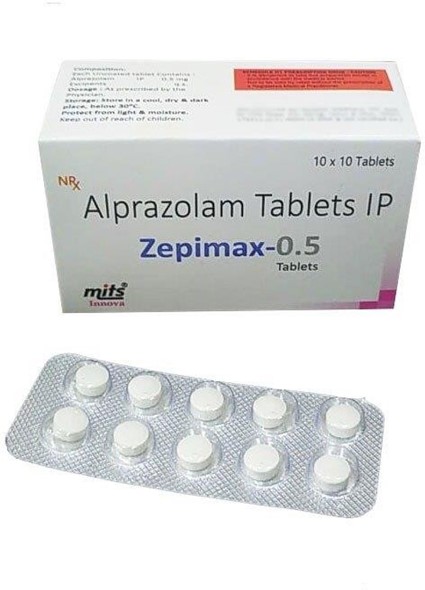A client asks the nurse to give her information regarding the detoxification process of alprazolam. What is the best response by the nurse?
"The reduction process is very short."
"This depends on the frequency of usage only."
"A planned reduction is not necessary."
"Gradual downward tapering off this drug is necessary."
The Correct Answer is D
A. This option is too vague and doesn't provide specific guidance about the detoxification process for alprazolam.
B. Frequency of usage is one factor, but it's not the only consideration in the detoxification process.
C. A planned reduction is necessary to safely taper off alprazolam and minimize withdrawal symptoms.
D. This option provides the best guidance, emphasizing the importance of a gradual and controlled tapering process for alprazolam.

Nursing Test Bank
Naxlex Comprehensive Predictor Exams
Related Questions
Correct Answer is B
Explanation
A. Wernicke encephalopathy is caused by thiamine (Vitamin B1) deficiency, but it is not characterized by thiamine deficiency itself.
B. Wernicke encephalopathy is characterized by lesions in the hypothalamus and mammillary bodies in the brain.
C. While cognitive impairment may be present, this is not the primary characteristic of Wernicke encephalopathy.
D. Double vision and rapid eye movement are symptoms of Wernicke encephalopathy, but they are not the irreversible complication itself.
Correct Answer is D
Explanation
A. This response may be seen as evading the client's statement. It's important to provide a more direct response.
B. This response may come across as controlling or confrontational, which may not promote open communication.
C. This response is a good therapeutic technique as it encourages the client to reflect on past experiences with stopping medication.
D. This response provides a clear and factual statement about the purpose of the prescribed medication, encouraging the client to understand its importance.
Whether you are a student looking to ace your exams or a practicing nurse seeking to enhance your expertise , our nursing education contents will empower you with the confidence and competence to make a difference in the lives of patients and become a respected leader in the healthcare field.
Visit Naxlex, invest in your future and unlock endless possibilities with our unparalleled nursing education contents today
Report Wrong Answer on the Current Question
Do you disagree with the answer? If yes, what is your expected answer? Explain.
Kindly be descriptive with the issue you are facing.
